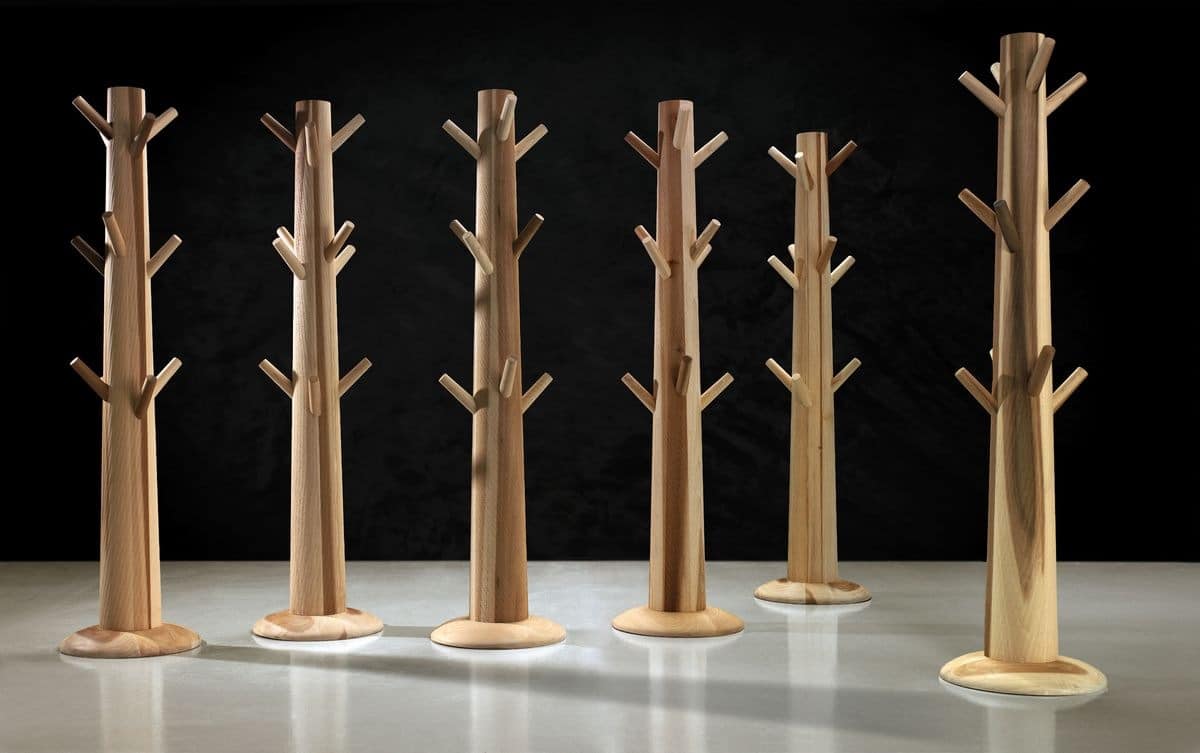You coat the woo and it saturates the wood and then hardens to make the whole piece of wood har not just a shell over the wood. The link you gave us is not functional therefore no one can get a visual about the kennel you are writing about. Do an edit to your question and update us with the new link. UPDATE: This is an easy fix. Just butt the two units up against.
Are you sure they are cement and not fiberglass? You should maybe run the fourth floor joist out to the columns and put down some subfloor or decking material before adding the new columns. Wood products change and warp depending upon the temperature and humidity.
If you want to reduce the chances of this happening, you can stabilize the wood with chemical treatments. Doing this will add weight and. To dye stabilized wood , you actually mix the coloring into the stabilizing resin before moving on to stabilizing the wood.
The basic principle of wood stabilizing is to take a piece of soft or punky wood and inject it with resin to create a stable, hardened wood blank that is safe to turn. Stabilized wood is also easier to get a good finish because the stabilizing process tends to fill some open pores and evens up the hardness of the wood. Different woods will respond differently to the stabilizing process.
Wood is a conventional material used for any type of construction and is known to be stable, strong and durable. Nonetheless, it also has its limits and is subject to wear and tear which begs the question of how to stabilize wood for it to lasts longer. To enhance the quality of any given wood , it is thus important that it be stabilized through chemical treatments. Wood Stabilization Overview The general process is to place the scales into some kind of vacuum chamber with a stabilizing resin and the air is evacuated from the wood.
The best way to stabilize wood is to place the wood into a stabilizing liqui place the two into a vacuum chamber, draw all of the air out, wait for the bubbles to stop, then slowly allow air. How To Stabilize Wood – Save Some Money With Minimum Effort Wood is a material that is natural, so it can change over time. The resin is then allowed to penetrate the wood.
It can warp or change in different ways which all depend on the environment the wood is in. Visit our subsidiary, Vivid Stabilized Woods , to see more details and samples of our one-of-a-kind stabilized wood products. The purpose of stabilizing wood for use as knife handle materials is to make the wood more durable and less prone to cracking or moving.
Wood stabilizing requires injecting resin in wood by evacuating all the air inside so the clip shows you how to make your own vacuum. There is a clear list of ingredients and step by step. All wood needs to be dried prior to stabilizing , even wood that you purchase kiln dried!
Wood that has been sitting in your shop will never be less than Equilibrium Moisture Content (EMC) due to humidity in the air no matter how long it has been sitting. I am putting this in the general forum becasue anyone that works with wood can help out here. I built a Vacuum chamber to stablize wood straight razor scales, the blanks are 1. It’s also possible to rearrange wood grains during the stabilization process to get rid of timber defects.
You can still mess up a stabilized wood call, you just have to try harder. Products, 90-Day Guarantee. Stabilizing does NOT make the wood bulletproof or WATERPROOF.
Order Wood Stabilizers Online Now! Fill Your Cart With Color today! Before you get starte you must make sure that the wood you are about to stabilize is dry enough. Wood cross-cut sections or “cookies” are a popular cut of wood to work with. They are also the most challenging to stabilize , as this type of cut has the highest tension in it.

Double dye stabilizing is a great way to add a little pizzazz to your turning blanks. It imparts color throughout the entire piece of wood rather than just the top layer, plus it stabilizes the wood at the same time eliminating wood movement and adding structural integrity to wood that is brittle. Ever find a beautiful piece of wood that is just too soft or punky to turn? In the past these would have been looked at longingly thinking wow what a waste, and then ended up in the trash can.
STABILIZED Wood Blocks Sort by: Sort by Featured Items Newest Items Bestselling Alphabetical: A to Z Alphabetical: Z to A Avg. Use to stabilize green wood to keep it from cracking, splitting and shrinking. Working with stabilized wood is a lot like using natural, non-treated woods.
Polyethylene Glycol is dissolved in water. It can be worked using the same tools and abrasives as with natural woods. The stabilizing process will even up the hardness of the wood as well as fill in a portion of the open pores in the wood. This pulls the air out of the wood and allows the poly to fully absorb into the wood. This same technique could be used on pen blanks or other small pieces of wood that need to be stabilized (punky spalted turning blanks, maybe?) We have a hand wine vacuum pump to take out the oxygen so you can preserve opened bottles for a few days.
Commercial wood stabilization systems are pretty dang expensive. Is there a more homebrew (read: cheap) way to stabilize wood ?
No comments:
Post a Comment
Note: Only a member of this blog may post a comment.